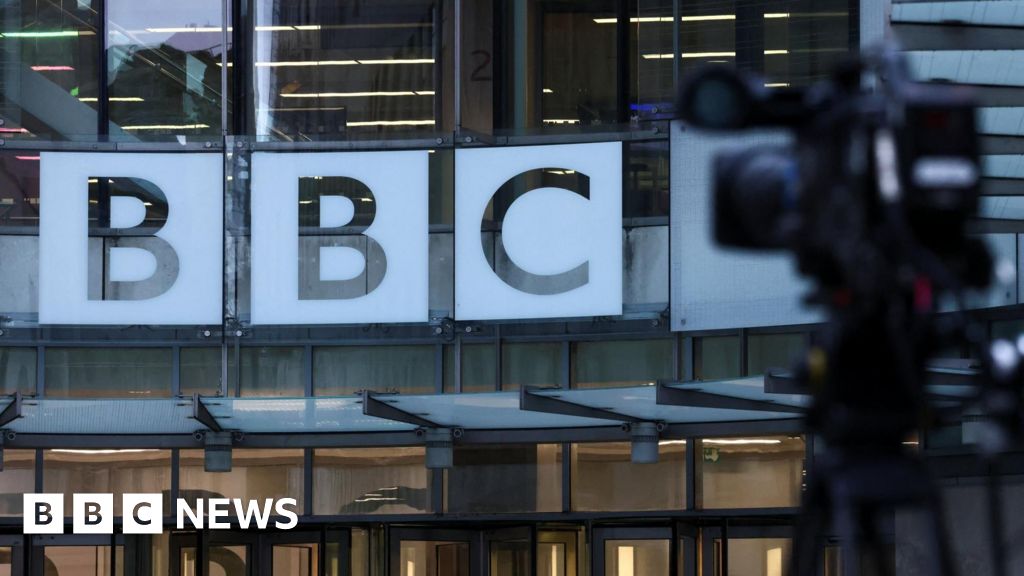I don’t like the word unprecedented. But I’ve used it twice in less than 24 hours.
The first time was on Sunday night, after the resignations of Tim Davie and Deborah Turness. That, in fact, might have involved a bit of overreach.
After all, this has happened before at the BBC. Back in 2004, two senior figures departed – admittedly not on the same day, but on subsequent days.
The then BBC chairman, Gavyn Davies, and the director general, Greg Dyke, resigned in light of the Hutton report.
That was the inquiry into the death of government scientist Dr David Kelly which found that the BBC’s reporting on the Iraq “sexed-up dossier” was flawed.
But my use of unprecedented on Monday feels entirely appropriate.
A US president threatening to sue the BBC for $1bn is completely new territory for the corporation.
We’ve seen a succession of US media operations previously cave in as Donald Trump launched lawsuits.
Paramount Global paid him $16m to settle a dispute over an interview broadcast on CBS with former vice-president Kamala Harris.
ABC News paid him $15m to settle a defamation lawsuit after its anchor falsely claimed he had been found “liable for rape”.
Now the president has the BBC in his sights. He wants a full retraction of the Panorama documentary, an apology for the “false, defamatory, disparaging, misleading and inflammatory statements” made about him in it, and appropriate compensation “for the harm caused”.
If he doesn’t get them by Friday, he’s put the BBC “on notice” that he will be looking for damages of “no less than $1,000,000,000”.
Whether you are a supporter or a detractor of the BBC, I think everyone would agree these are incredibly testing times for the corporation.
Events have developed rapidly over a week.
First we got the series of claims about the Panorama documentary and also wider systemic bias first made in the Telegraph.
Six days later came the resignations of director general Tim Davie and news CEO Deborah Turness.
Quickly some were voicing concerns about a politically orchestrated campaign against the BBC from the right. Others said this was all about accountability in the face of gross failures.
Now the BBC faces a potentially very costly legal battle with Donald Trump.
It should be basking in the success of Celebrity Traitors with the programme’s hugely popular finale broadcast just last Thursday. Instead the BBC is plunged into a crisis some would argue of its own making.
It’s taken until Monday to apologise for the Panorama edit and to push back on the notion that the corporation suffers from institutional bias.
The interview I did with BBC chair Samir Shah should have been done much earlier – with the DG or Deborah Turness last week, as the headlines ramped up.
The apology should have come then. Now the BBC is on the back foot.
It will take robust leadership to steer a course through. But two of the leaders most likely to have been able to steady the ship are now on the way out.
